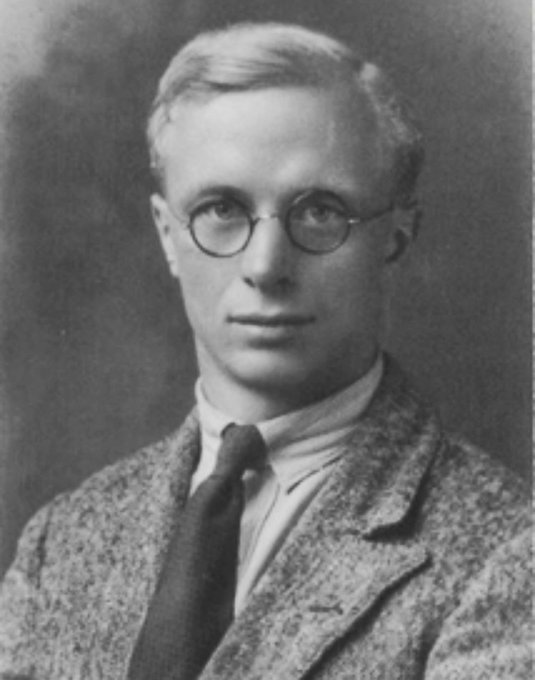Europe
Robert Hilliard-Pugilist, Pastor and Anti-fascist

Born in 1904 in the townland of Moyeightragh near Killarney County Kerry, Robert Hilliard was on the first Irish team ever sent to the Olympics, boxing in the bantamweight division in Paris in 1924.
In his brief life he was a clergyman, a journalist, an atheist and a Marxist. He died in the Spanish civil war in February 1937, fighting the fascist forces of General Franco.
Hilliard’s father ran a successful leather business in Killarney but the family trade didn’t interest Robert.
Instead, he won a scholarship to Trinity College Dublin where he became interested in Republican politics. There are even reports of him providing meals for IRA volunteers at his parents’ house during trips back home to Kerry. After the war of independence, he was on the anti-treaty side in the bitter civil war that followed in 1922-23.
Despite being long sighted and squinting when not wearing glasses, he excelled at sport. He played at fly-half on the university rugby team, but his real talent lay in boxing, lifting titles in various university competitions from 1923 to 1931.
He was also Irish Bantamweight champion in 1923 and 1924. The 1923 win booked him a ticket to the Paris Olympics. By 1924, Robert was still only twenty years old, but had gone from secondary school to Olympic boxer via the Irish war of independence and subsequent civil war in only three short years.
In 1925, he left Trinity without a degree and found himself in London. Around this time, he met Rosemary Robins, with marriage and a family quickly following.
Working in advertising and journalism, a settled life in London looked to be on the cards for the Hilliard’s, but things took an unexpected turn when Robert converted to Buchmanism, an evangelical form of Christianity.
Founded by Frank Buchman, a Lutheran pastor from the US, its followers made amends for the wrongs of the past and started afresh. This may have appealed to Robert because of his reputed fondness for drinking and gambling.
A budding career in advertising was left behind to finish his degree, while completing a course on divinity at the same time. He was ordained a Church of Ireland deacon in 1931, the same year he won the last of his university boxing titles.
Working as a curate assistant in the parish of Derriaghy, close to Belfast, he was ordained a minister in 1932 and took up a role in Belfast Cathedral mission in 1933.
This was a time of severe economic hardship in Belfast, with few jobs and hard living conditions. Unemployment assistance was available, but a means test had to be taken, which meant that personal belongings had to be sold before state aid was provided.
This was one aspect of life which crossed the sectarian divide in the city, with both Catholics and Protestants alike protesting against it. The Communist Party in Belfast became vocal on the issue, and this seemed to reignite Hilliard’s dormant political views.
Rosemary gave birth to the couple’s fourth child in 1933 but became seriously ill and spent several months bedridden. The costs incurred in funding care for the four children while Rosemary was sick meant that Robert now faced bankruptcy.
Pleas of financial aid to the church went unheard and Robert, already leaning more towards his communist views, returned to London.
Back in London, he took up his old career of journalism and became more active in communist politics.
The mid-1930s was a time of great political change in Europe. Democracy, Communism and Fascism all jostled for places at the political top table and with the alliance of Hitler, Mussolini and Franco Fascism took its grip on mainland Europe.
Between 1936 and 1939, the Spanish civil war saw Franco fight for control of Spain against the left leaning government.
International brigades were formed to help the fight against Franco. The 15th international brigade comprised English-speaking people who went to Spain to fight on the Republican side.
In all, 45000 people made up the brigade, with roughly 200 Irish amongst them.
By the end of 1936, Hilliard had left London to join the international brigades travelling south through the Pyrenees into Spain before undertaking training in Madrigueras southeast of Madrid.
By early 1937 Franco was frustrated that his attempts to take Madrid were unsuccessful, so he changed tactic and ordered that the main road connecting Madrid to the rest of the Spanish republic be cut off.
On February 11th 1937, Franco’s forces crossed the Jarama river to take the road. In the battle of Jarama that followed Republican forces incurred heavy losses and eventually had to retreat.
Hilliard was one those tasked with covering the withdrawal when he was shot by the advancing fascist forces, subsequently dying of his wounds.
A life of 32 years that contained at least as much as 90 of anyone else’s. A life that took him from picturesque County Kerry to Olympic boxing ring to pastor in Belfast before giving his life fighting the forces of Fascism in Spain. It is as remarkable a story as I have ever come across.
